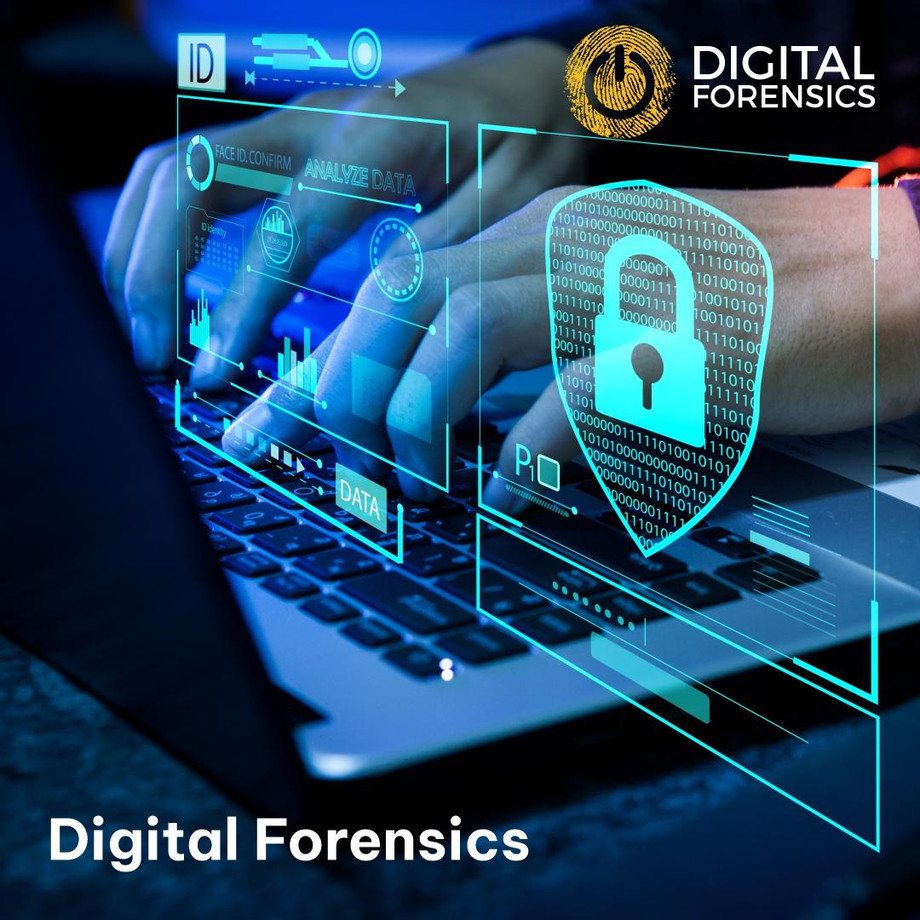Digital Forensics is the process of identifying, acquiring, processing, analyzing, and reporting on data that are stored digitally. Electronic evidence is a key for almost all criminal activities and digital forensics support is important for investigations.
The process includes the data from hard drives in computers, smartphones, electronic door locks, vehicle navigation systems, and other digital evidence. The main aim of digital forensics is to collect, analyze and preserve the evidence.
Step involved in the digital forensics
- Identification: This is the first step in the process of digital forensics in which the individual or devices to be analyzed are identified as the sources of significant evidence.
- Preservation: Digital Forensics focuses on safeguarding key electronically stored information by capturing and preserving the crime scene, documenting key information like visual images and how it was obtained.
- Analysis: The step involves a step-by-step examination of the evidence of the information gathered. It produces data objects, including user and system-generated files, and seeks specific answers and points of departure for the wrap-up.
- Documentation:These are tried and tested procedures for documenting the conclusions. It allows other examiners to go through and duplicate the results.
- Presentation:It involves presenting electronic devices like smartphones, and copying devices that are a key to the investigation.
Objectives of Digital Forensics
- With the help of digital forensics, the investigation team can recover, analyze and present digital materials like computers to present in the law court.
- This branch of forensics helps in determining the main aim behind the crime and tracking the main accused.
- Creating the procedures at the crime scene to ensure the digital evidence is not tainted
- The process helps in recovering the deleted files and partitions from the digital media for extracting and validating the evidence.
- It helps in locating the evidence and estimating the impact of criminal acts on the victim
- A computer forensic report provides detailed information on the investigation process
- Keeping the evidence safe by adhering to the chain of custody.
What are the benefits of Digital forensics?
- Digital evidence analysis: Digital forensics uses techniques to collect and preserve evidence from a specific computer device to present in the court of law.
- Helps in criminal identification: It helps to track down the suspects and collect the evidence to prosecute them by analyzing data on computers and other digital devices.
- Capable of recovering deleted data: One of the main benefits of using computer forensics is to recover deleted data and the experts do this with the help of the right software.
- Track how crime is committed: Digital forensics can throw light on how crime is committed by analyzing the evidence.
What are the skills required by Digital Forensics experts?
- Technical knowledge
- Digital comprehension
- Networking
- Operating system knowledge
- Analytical talent
- Knowledge of law and investigation
- Know all about the cybercrime
Wrap up
Digital forensics not only helps to solve crimes but also prevents them. It is a very good career with good pay options.

